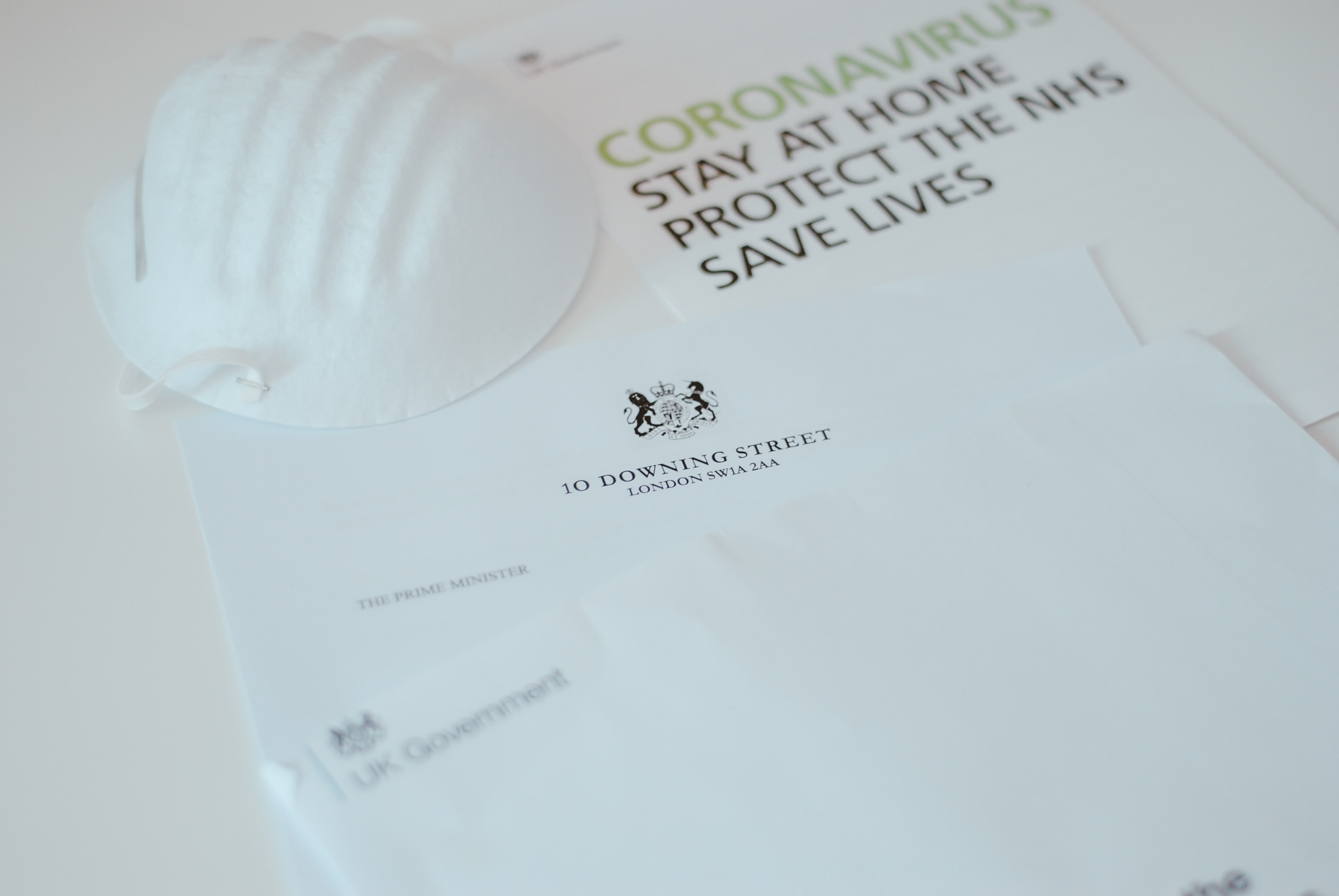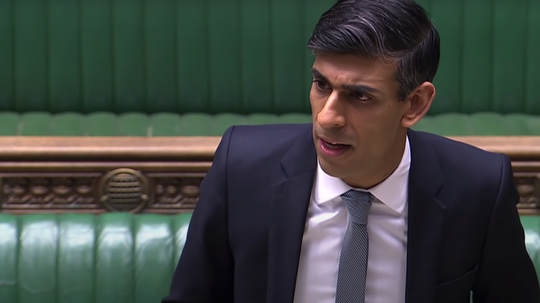A British war veteran denied access to the government’s coronavirus income support scheme has said he feels “abandoned by his country”.
Mark Harrison, 34, is among the thousands of new job starters estimated to have “fallen through the cracks” of the government’s Coronavirus Job Retention Scheme (CJRS).
The father-of-two, whose served two military tours of Afghanistan, is currently working in the hotel industry and started a new job on 2 March.
He received a call from his employer on 22 March, after lockdown measures were introduced, telling him not to come into work and was assured he would be placed on the tax-payer backed “furlough” scheme.
Two weeks later he received an email from his employer telling him that he was not eligible for the scheme because he started his new job after the initial cut-off date of 28 February.
This means that Harrison is currently on unpaid leave. With £78 in his bank account and his household income reduced by two-thirds, he is worried about how long he will be able to pay his bills while the lockdown continues.
“Mentally this is worse than anything I’ve ever been through,” he told EachOther. “My partner was pregnant during my last tour of Afghanistan. But this is the worst I have ever felt. I have been abandoned by my country.”
He added that his wife is a healthcare assistant working on the frontlines of the coronavirus response in an intensive care unit, compounding the family’s stress further. “She is literally seeing people deteriorate in front of her everyday,” he said.

Harrison was not eligible for the furlough scheme. Credit: Mark Harrison
There was hope of reprieve on 15 April when the chancellor, Rishi Sunak, announced that the cut-off date for the furlough scheme would be pushed back to 19 March.
However, Harrison is still unable to access the scheme because his employer had not submitted what is known as a real-time information (RTI) in time. The rules require employers to have submitted RTIs by 19 March for employees to be eligible.
“They have dangled the furlough scheme in front of me only to take it away again,” Harrison added.
Employers submit RTIs to HMRC once a month, every time an employee is paid. It includes information about tax and other deductions.
A Twitter poll carried out by Money Saving Expert founder Martin Lewis, with more than 42,000 responses, found that roughly 75 percent of people who are paid monthly are paid after the 19th day of the month.

Harrison was furloughed when people were encouraged to isolate. Credit: Unsplash
It also found that most companies (around 90 percent) submit their RTI information between one and 10 days before pay day.
The government has chosen 19 March as the cut-off date for the scheme because this date is just before the CJRS was announced.
It believes that extending the date beyond 20 March would enable criminals to exploit the CJRS by providing fraudulent payroll data that HMRC could not easily verify.
However, Harrison believes that a solution for him could lie in the government allowing employees to submit other evidence to HMRC to prove that they were on their company’s payroll before 19 March.
A Treasury spokesman said: “Our Coronavirus Job Retention Scheme is protecting thousands of jobs up and down the UK – with the government covering 80 percent of the salary of furloughed workers. By extending eligibility to those employees taken on up until 19 March, we are offering support for thousands more, whilst keeping the significant fraud risks under control.”
Harrison’s story is but one of many thousands of people believed to be affected.

Thousands of people are believed to have missed out. Credit: Unsplash
The New Starter Justice: A Campaign For New Starter Furlough group on Facebook, which has more than 8,500 members, has been set up to attempt to address “a glaring loophole in the support system for thousands of people”.
WE ARE #newstarterjustice.
A month ago, @RishiSunak made a promise to every worker that we would ‘not be left behind’.
Today, we are asking him to come through on this promise.
Please sign our open letter. https://t.co/SUKYIi3pNW#newstarterfurlough pic.twitter.com/SnPMQG93ls
— New Starter Justice (@NewStarterJust) April 25, 2020
Natalie Greenway, an organiser with the New Starter Justice campaign, has described the government’s extension of the CJRS as a “smoke screen being sold as a solution for thousands”.
She added that while the amendment will have helped a small proportion of new starters, “there are too many people being left to fall through the cracks”.
An online petition calling for the government to address gaps in the furlough scheme has so far gained more than 72,000 signatures. Labour MP Rushanara Ali and Ian Blackford, the Scottish National Party’s leader in Westminster, are among a number of politicians to back these calls.





